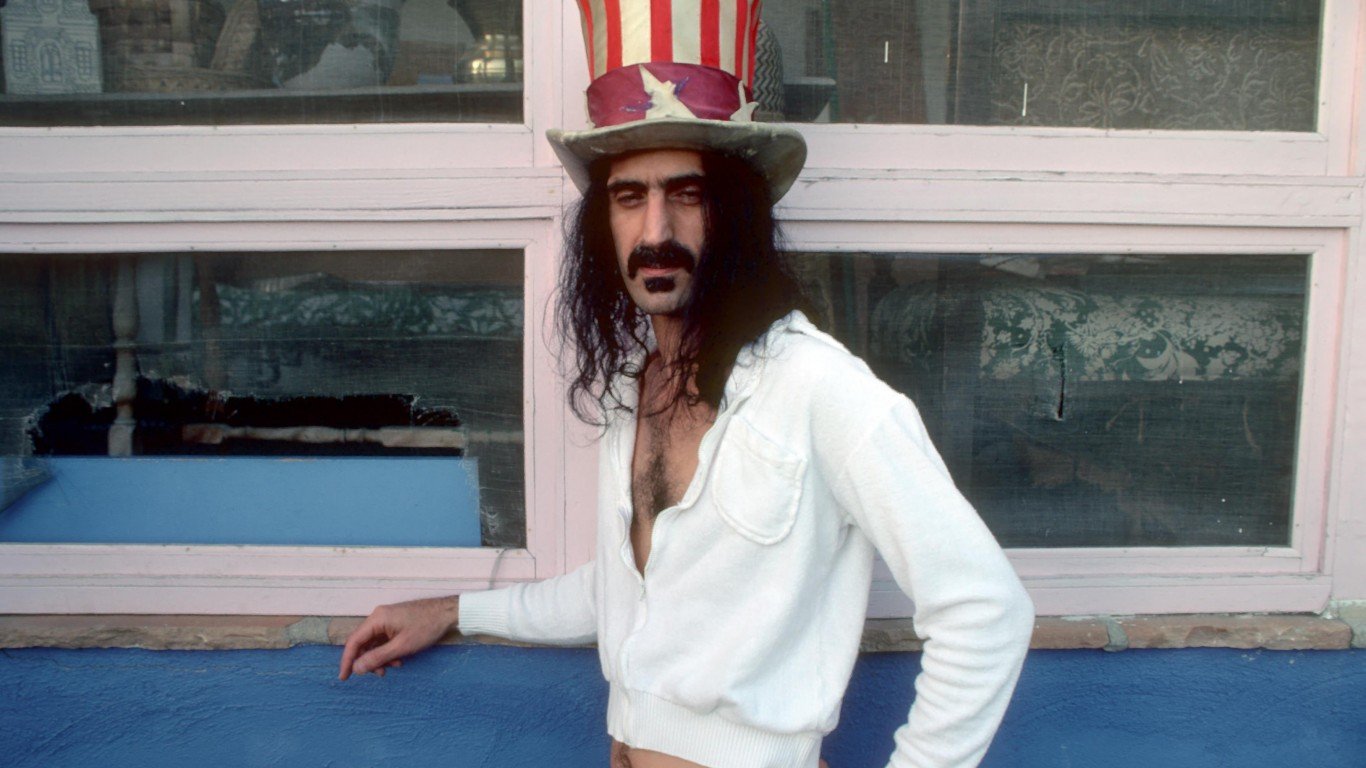
Source: courtesy of Twitter
Investors who got their hands on some of the 70 million shares at the IPO price of $26 had a great day. They saw a 73% profit as soon as the shares started trading at $45.10.
The incredible thing, to me at least, is that Twitter’s underwriters were able to convince the company to let the underwriters’ best customers take just about as much money from the IPO as Twitter did. Counting the 10.5 million shares the underwriters received as an overallotment option, Twitter gave away about $1.5 billion to the underwriters’ cronies.
Yes, the IPO did not face the same snafus that hit the Facebook Inc. (NASDAQ: FB) IPO in 2012, but Facebook got all the money by pricing the stock at $38 going out, the absolute most it could conceivably get. At the end of that day’s IPO, the underwriters had to prop up the stock so that it would not close below the IPO price and really make their cronies unhappy.
Which company got the better deal? Why was Twitter’s IPO considered a success and Facebook’s a fiasco?
The investment banks that ran the Twitter show should at least be laughed out of town for failing to price the year’s hottest IPO properly, and by that I mean for the benefit of the company paying the underwriters’ fees. But that is not the way the game is played. A big jump on IPO day gets a lot of headlines and brings more big investors to the banks that screwed up the pricing.
Twitter shares were trading down about 2.5% to $43.73 in Friday’s premarket, after closing at $44.90 on Thursday.
Essential Tips for Investing: Sponsored
A financial advisor can help you understand the advantages and disadvantages of investment properties. Finding a qualified financial advisor doesn’t have to be hard. SmartAsset’s free tool matches you with up to three financial advisors who serve your area, and you can interview your advisor matches at no cost to decide which one is right for you. If you’re ready to find an advisor who can help you achieve your financial goals, get started now.
Investing in real estate can diversify your portfolio. But expanding your horizons may add additional costs. If you’re an investor looking to minimize expenses, consider checking out online brokerages. They often offer low investment fees, helping you maximize your profit.
Thank you for reading! Have some feedback for us?
Contact the 24/7 Wall St. editorial team.



